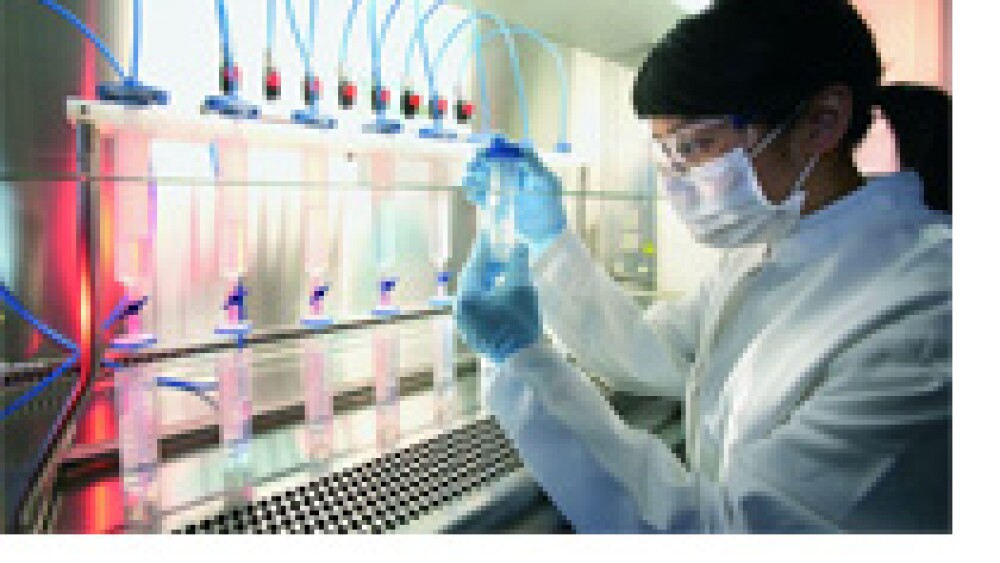December 4, 2014
By Riley McDermid, BioSpace.com Breaking News Editor
Pet health company Kindred Biosciences, Inc. said on Thursday that it will discontinue its atopic dermatitis AtoKin study in favor of directing resources toward other programs in its portfolio.
“While the market for atopic dermatitis is large, the space has recently undergone a major transition. The rapid uptake and success of a recently-launched atopic dermatitis product, while confirming the large size of the market, has substantially raised the bar for future atopic dermatitis products,” stated Richard Chin, chief executive officer of KindredBio.
Kindred is a development stage biopharmaceutical company focused on creating medicines for pets. The firm’s main efforts so far have been aimed at identifying compounds and therapies that have already demonstrated safety and efficacy in humans and to then adapt those into treatments for dogs, cats and horses.
“Our goal is to develop products that are superior or clearly differentiated from other products and that have profiles that will lead to leadership positions in the markets. Given that, and given that we are in the position of having a number of other very promising product candidates we would like to pursue, we have made a business decision to discontinue our AtoKin program,” said Chin.
Kindred has an existing pipeline of novel drugs and biologics in development across many therapeutic classes. Ending the study will allow the company more flexibility in focusing on that pipeline, said its CEO.
This will allow us to redirect resources to other programs, including advancing additional novel drugs and biologics into development,” said Chin. “While discontinuing a program is always difficult, we believe that an important part of good drug development is discipline in managing the product portfolio and prioritization of drugs that will lead to maximal return on investment and deliver maximal benefit to our patients.”





